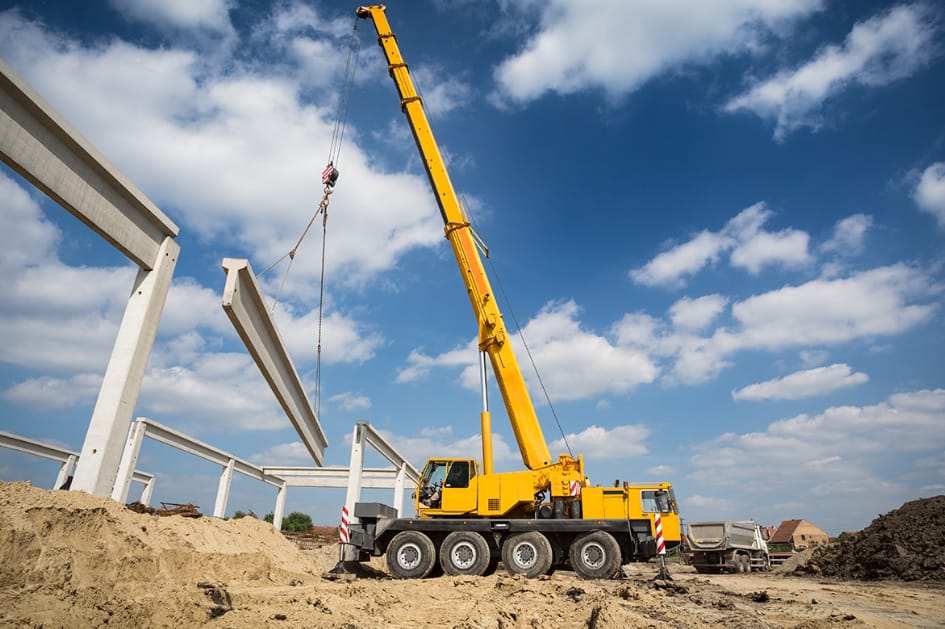
Small mobile cranes are versatile and essential pieces of equipment in various industries, including construction, infrastructure development, and maintenance projects. These compact and agile cranes provide the flexibility to manoeuvre in tight spaces and offer impressive lifting capabilities.
When selecting a mobile crane for your construction project, avoiding common mistakes can save you time, and money, and ensure the safety of your workers. Making the wrong choice could lead to delays, increased costs, and even accidents on the job site. This blog post will highlight some of the most common mistakes that individuals and companies make when choosing a mini mobile crane.
Neglecting to Assess the Job Site Requirements:
Before selecting a small mobile crane, it is crucial to thoroughly evaluate the job site. Consider factors such as the terrain, size limitations, and accessibility. Ignoring these site-specific details can lead to misjudging the crane’s capacity or encountering difficulties during operation.
Overlooking Safety Features and Certifications:
Safety should always be a top priority when choosing a mobile crane. Ensure the crane has appropriate safety features, such as load monitoring systems, emergency stop buttons, and reliable stabilizers. Check for necessary certifications, like OSHA and ANSI, to guarantee compliance with industry standards.
Failing to Consider Maintenance and Support:
Regular maintenance is essential to keep a small mobile crane functioning optimally. It is important to choose a crane that is easily maintainable and has readily available spare parts. Additionally, consider the availability of local support services to address any mechanical issues that may arise.
Ignoring the Total Cost of Ownership:
While the initial purchase or rental cost of a mobile crane is important, it is equally essential to assess the total cost of ownership. Consider factors such as fuel consumption, maintenance expenses, and potential training requirements. A holistic approach will help you make a cost-effective long-term decision.
Conclusion
Choosing the right small mobile crane is critical to ensure the timely completion of a project, a safe work environment, and cost-effective operations. By avoiding common mistakes such as neglecting job site requirements, overlooking safety features, ignoring maintenance and support, and failing to consider the total cost of ownership, you can hire a crane for your needs. Careful consideration of these factors will enable you to make an informed decision and avoid many of the risks associated with the selection process. Ultimately, by selecting the right mobile crane, you can enhance efficiency, productivity, and safety, leading to the overall success of your project.
